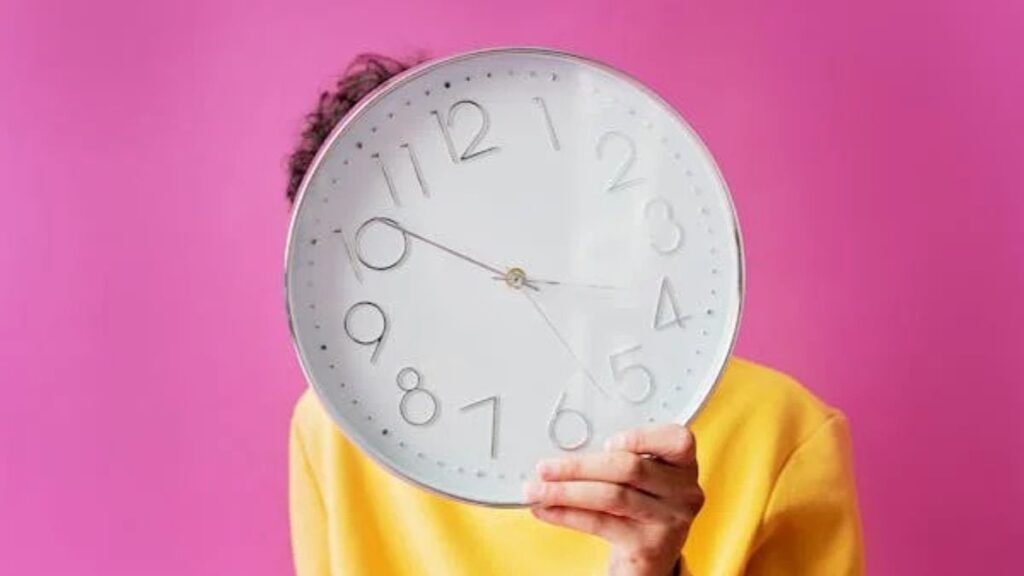Dental health is an essential aspect of overall well-being that often gets overlooked. Maintaining a routine schedule of dental check-ups is crucial for preventing potential oral health issues. Many people put off visiting the dentist due to fear, discomfort, or simply forgetting. Understanding the signs that indicate it’s time for a dental check-up can save you from future complications and help you maintain a healthy smile.
Recognizing the Signs of Dental Issues
Paying attention to your body is vital, and oral health is no exception. Numerous signs can indicate that a visit to the dentist is overdue. Persistent pain in your teeth or gums can be an early warning sign of cavities or gum disease. If you notice bleeding during brushing or flossing, it could indicate gum inflammation. Another critical sign is bad breath that doesn’t go away after brushing. Sometimes, this can result from underlying dental issues that need attention. Regular visits to the dentist can help catch these problems early before they escalate into more severe conditions.
Understanding the Importance of Routine Visits
Many individuals underestimate the importance of routine dental check-ups. The American Dental Association recommends at least two visits per year for optimal oral health. These visits allow for professional cleaning, which removes plaque and tartar buildup that brushing alone cannot manage. Achieving a clean mouth significantly reduces the chances of cavities and gum disease. During check-ups, the dentist also conducts thorough examinations that may include X-rays. These examinations help identify underlying issues that may not be visible to the naked eye or felt physically. Scheduling regular check-ups ensures that your dental health is being monitored and that any problems are addressed promptly for a healthier mouth.
When Was Your Last Visit?
If it’s been more than six months since your last dental check-up, it’s likely time to schedule a visit. Skipping these yearly appointments can result in neglected teeth and gums, leading to potentially painful and costly issues later on. As a rule of thumb, if you can’t remember the last time you saw a dentist, you should probably reach out to schedule an appointment. Even if you aren’t experiencing any pain or discomfort, regular check-ups are essential, especially for patients who have a history of dental problems. Those who require a range of dental services like fillings or treatments for gum disease should be more vigilant in keeping their appointments. Doing so can aid in keeping a healthy dental record and ensuring your oral hygiene practices are effective.
Dental Anxiety and Its Impact
Dental anxiety is a common barrier preventing many people from seeking necessary dental care. This anxiety may stem from traumatic experiences in the past or simply a fear of the unknown. It’s critical to acknowledge this fear while not allowing it to dictate your dental health decisions. Many dental practices understand these fears and offer various methods to help patients feel comfortable during their visits. Techniques such as sedation dentistry, calming environments, and thorough communication about procedures can make the experience less intimidating. Patients should not hesitate to express their concerns with their dental team to find a solution that works for them.
The Long-Term Benefits of Regular Check-Ups
Investing in your dental health through regular check-ups pays off in the long run. Studies indicate that preventing dental diseases can be far more cost-effective than treating them after they develop. Not only do regular visits help avoid complications, but they also enable your dentist to catch issues before they require extensive interventions. Maintaining clean teeth and healthy gums significantly boosts self-esteem. A beautiful smile can enhance confidence in personal and professional settings. By prioritizing dental check-ups, you not only focus on your health but also on your overall quality of life.
Children’s Dental Health: An Early Start
Establishing good dental habits in childhood is critical. Parents should consider scheduling their child’s first dental visit by their first birthday or within six months of their first tooth coming in. Early visits help create a comfort level with dental environments and allow the dentist to monitor the development of teeth. Teaching children about the importance of dental hygiene from a young age can contribute to maintaining healthy teeth and gums as they grow. Parents should reinforce good habits at home by encouraging brushing twice daily and limiting sugary snacks.
Coping with Post-Visit Instructions
After your check-up, dentists often provide post-visit care instructions depending on the findings from your appointment. Following these directions carefully is essential to ensuring that your oral health remains on track. Whether it’s detailed brushing techniques or dietary recommendations, adhering to these suggestions can prevent future issues. It’s important to ask questions if any instructions are unclear. A good dentist ensures that their patients leave with a clear understanding of their dental care regimen and any necessary follow-ups.
What to Expect During a Check-Up
During a typical dental check-up, a dental hygienist will first clean your teeth. Following the cleaning, the dentist will conduct an examination, checking for any signs of decay, gum disease, or oral cancer. X-rays may also be taken if necessary. This thorough approach helps in addressing any concerns you may have and ensures that your mouth is healthy. By learning more about what to expect in a check-up, patients can alleviate some anxiety associated with dental visits. Knowledge is empowering, and understanding the process can make visits less daunting.
If you recognize any signs suggesting it’s time to see the dentist, don’t hesitate to schedule an appointment. Most dental offices offer convenient online booking, making it easier to find time in your busy schedule. Setting reminders for yourself can help ensure that you stay on top of essential visits and build a routine that works for you. With a proactive approach to dental health, you can maintain a beautiful smile while avoiding future complications.







